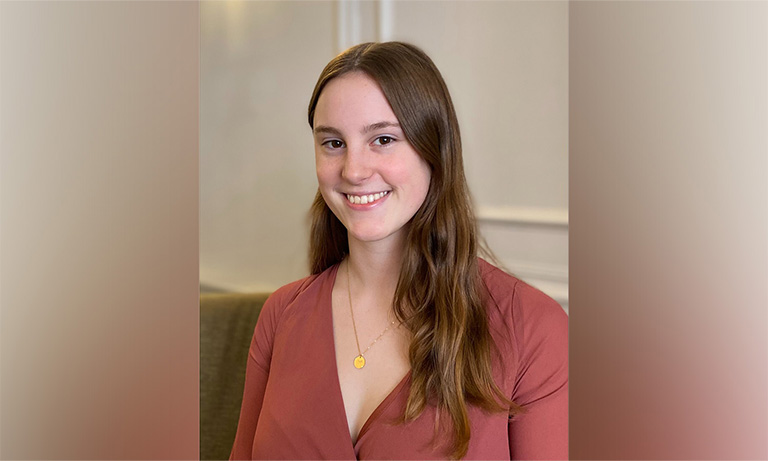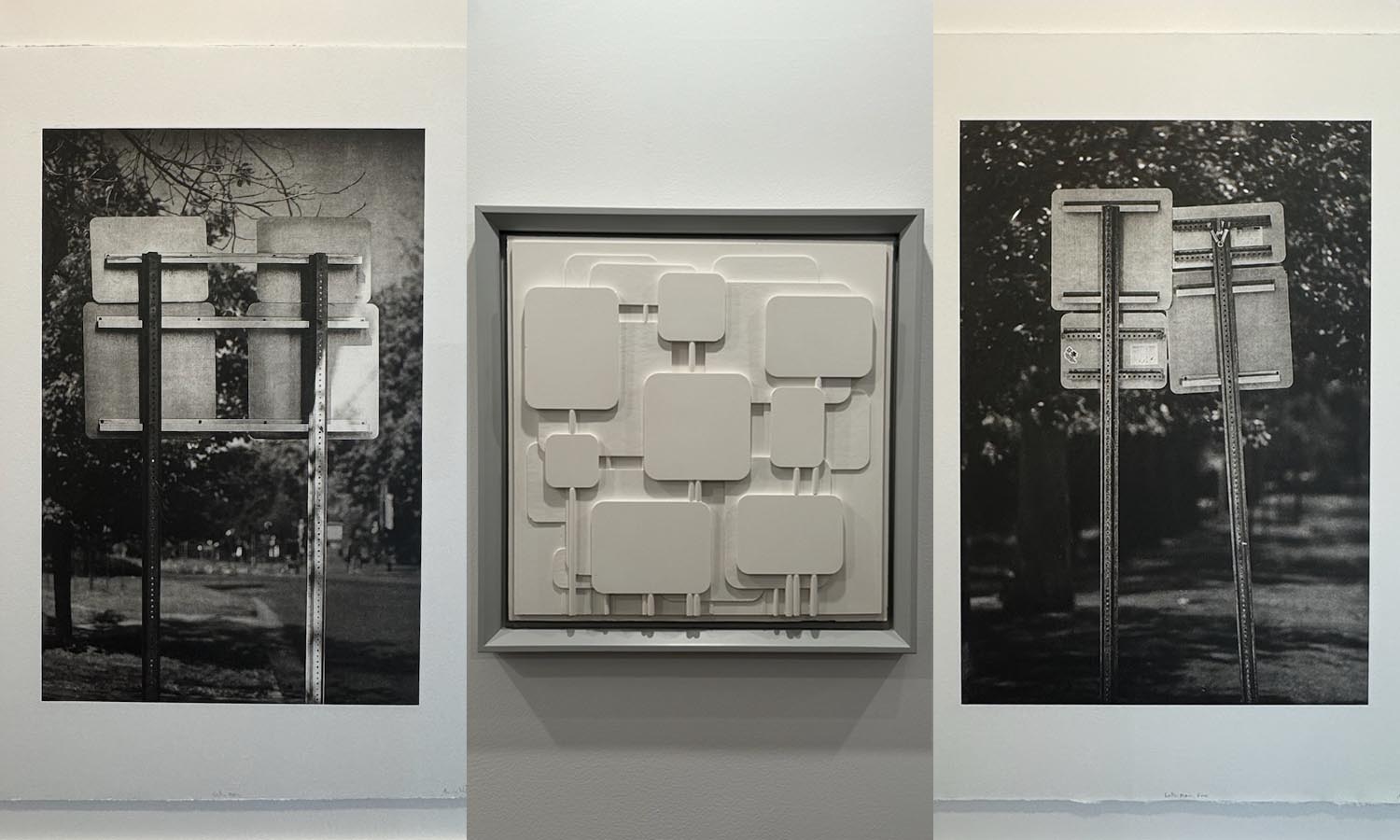
HWS News
24 April 2025 • Alums Rowland '24 Published in Young Scholars in Writing
The HWS Writing and Rhetoric Program shines through in recent graduate’s publication.
A recent achievement by Kylie Rowland ’24 underscores the strength of Hobart and William Smith’s Writing and Rhetoric Program in preparing students for advanced academic work. Rowland has been published in Young Scholars in Writing, a nationally recognized, peer-reviewed journal that features outstanding undergraduate research in rhetoric and composition. The annual publication is highly competitive, spotlighting top-tier undergraduate scholarship from across the country.
Rowland graduated in May with a B.A. in English and Writing and Rhetoric and is now pursuing her M.A. in English at the University of Nebraska–Lincoln, where her studies focus on feminist pedagogies and the rhetorics of activism.
Her article, “Death is Violent: Not-Violent Sit-ins and Embodiments of Victimhood in Anti-Police Protest Rhetorics,” originated during her “Power and Persuasion” class at HWS, which explored rhetorical history, theory and analysis.
Professor of Writing and Rhetoric Maggie Werner, who taught the course, recognized Rowland’s talent early on. “During the course I recognized Kylie as an exceptional rhetorical critic and urged her to apply to graduate school. But this publication is 100 % Kylie’s efforts, and that makes me immensely proud.”
Rowland credits Werner’s mentorship with helping her take the leap into publishing. “I wouldn’t have attempted to publish a paper as an undergraduate without the support and encouragement I received from Professor Werner,” she says.
In her article, Rowland examines how protesters draw on the embodied experiences of victims of police brutality, using both violent and nonviolent symbolism to challenge the normalization of state violence. Her analysis reveals how activists disrupt dominant narratives surrounding policing and public safety through carefully crafted rhetorical strategies.
“I’m passionate about the ways rhetoric and communication can be used for activism,” Rowland says, “particularly in movements against police brutality.”
Looking ahead, Rowland plans to further explore the intersections of rhetoric, activism and feminist theory throughout her graduate studies. She hopes to build on her research by examining how contemporary protest movements use embodied rhetoric in both digital and physical spaces.
As a student, Rowland was a member of the Laurel Society, attended the Conference on College Composition and Communication, served as a Writing Fellow, assistant editor for Seneca Review, and a student writer in the Office of Marketing and Communications. She was the recipient of the John E. Theismeyer Prize in English and Comparative Literature and the Norma and Robert Curren Endowed Scholarship.



